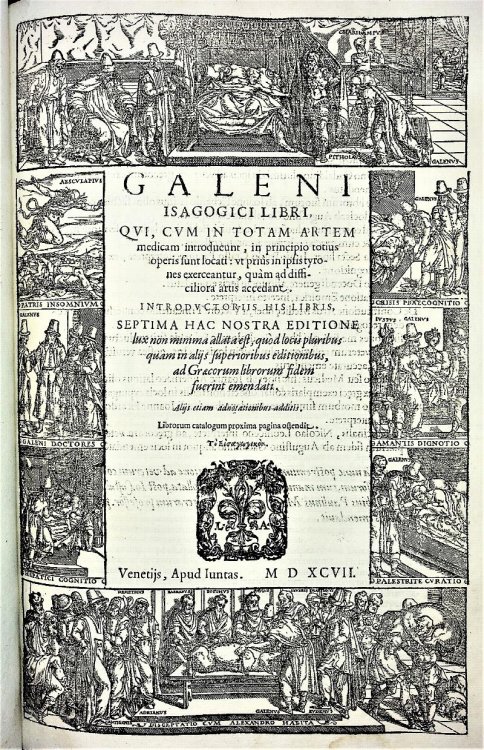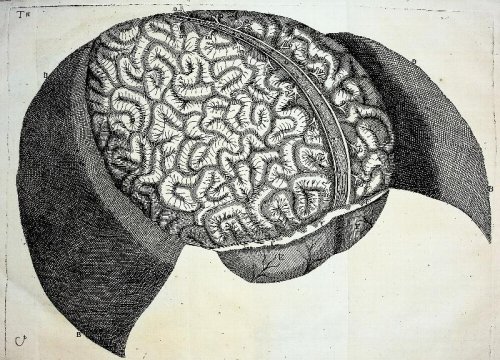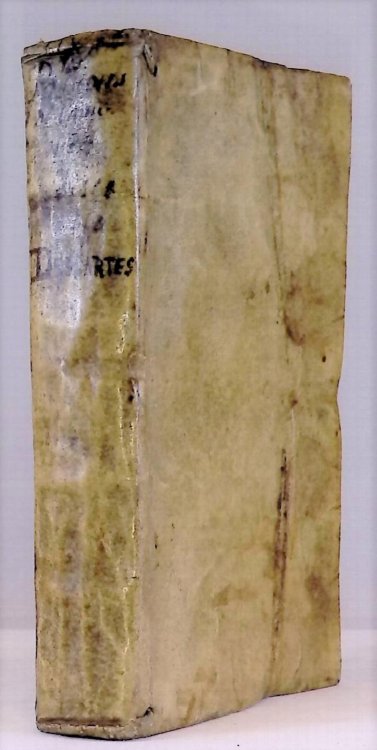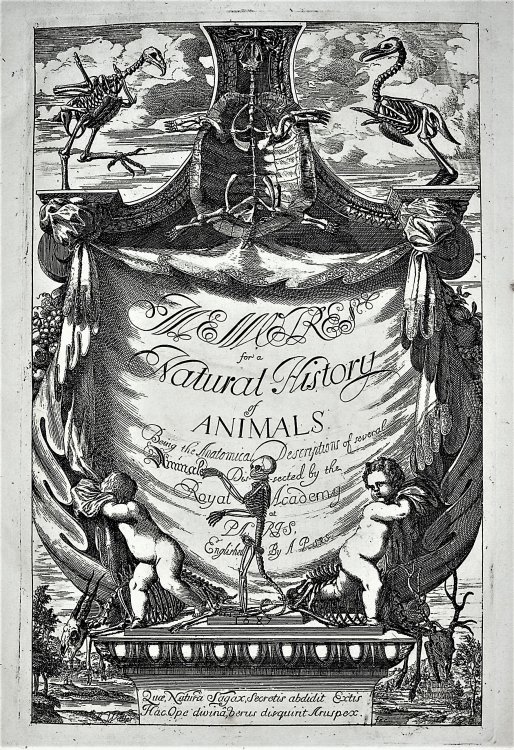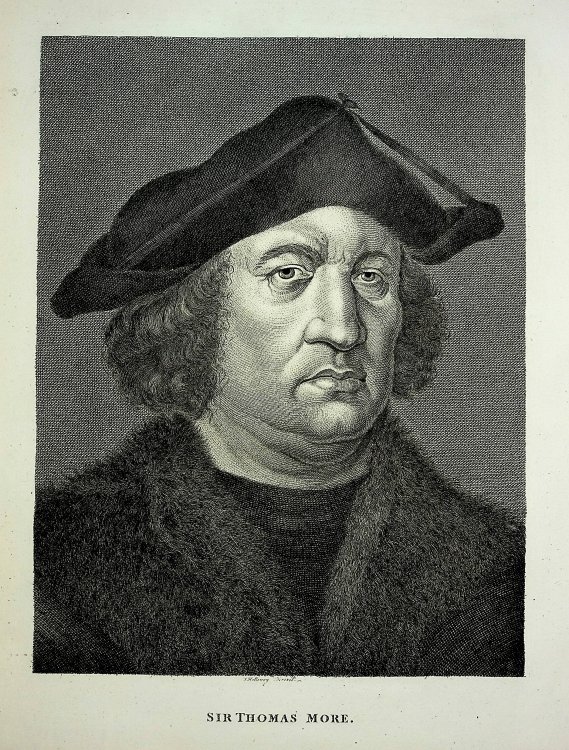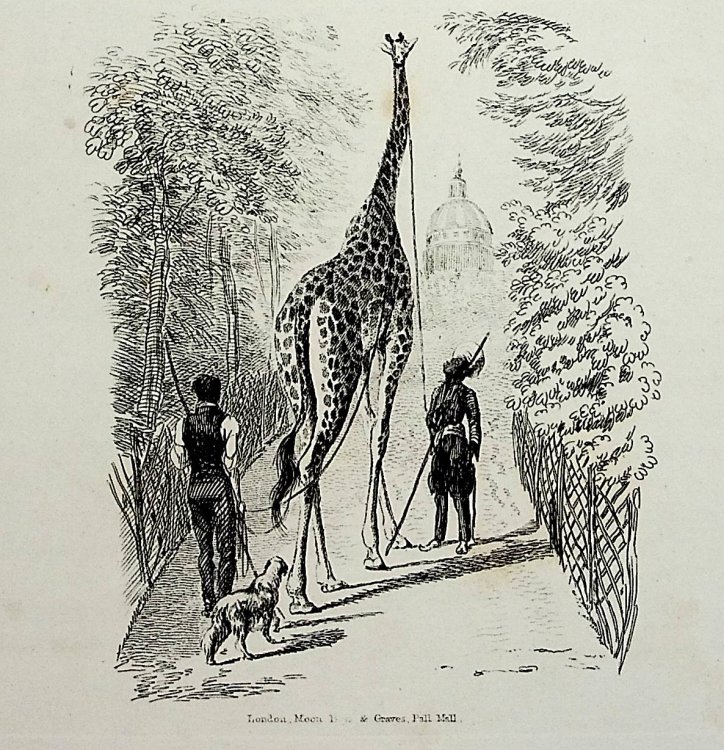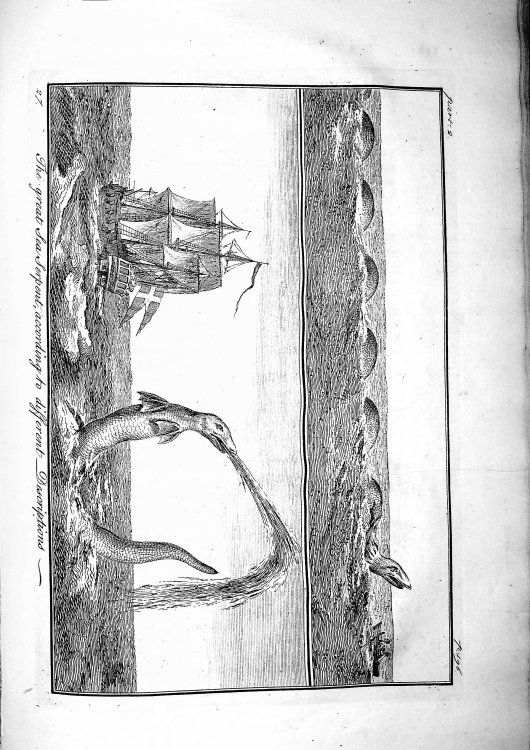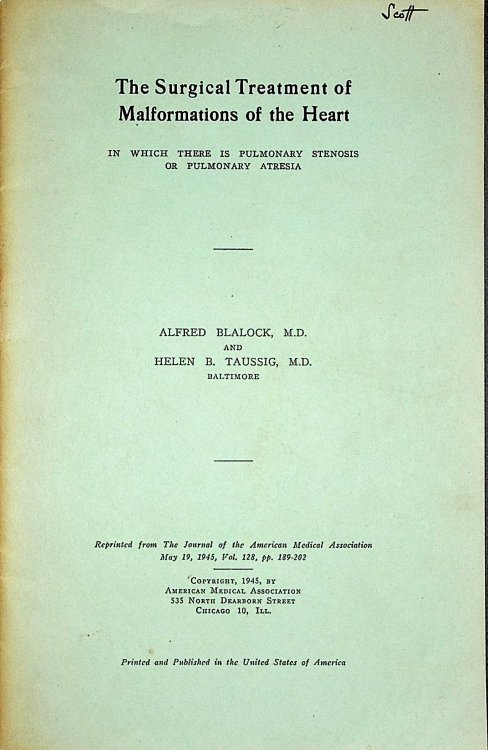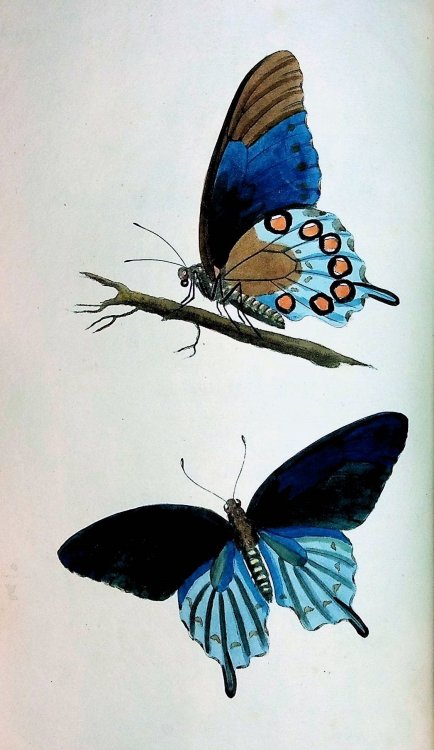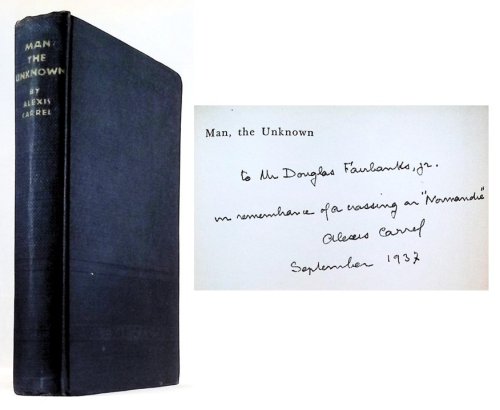
Man, The Unknown
$500.00 USD • Used
RARE ASSOCIATION COPY OF NOBELIST ALEXIS CARREL'S VIRULENT MAN THE UNKNOWN INSCRIBED TO HOLLYWOOD STAR DOUGLAS FAIRBANKS IN 1937.
14.5x22 cm hardcover, black cloth binding, blindstamped t...
RARE ASSOCIATION COPY OF NOBELIST ALEXIS CARREL'S VIRULENT MAN THE UNKNOWN INSCRIBED TO HOLLYWOOD STAR DOUGLAS FAIRBANKS IN 1937.
14.5x22 cm hardcover, black cloth binding, blindstamped title to cover, gilt title to spine, armorial bookplate of Douglas Fairbanks to front paste-down, inscribed on half-title page, To Mr Douglas Fairbanks, Jr, in remembrance of a crossing on 'Normandie'/ Alexis Carrel/ September 1937. i-xv, [1], 346 pp. Corners bumped, browning to page edges, unmarked--very good in custom archival mylar cover. From DM Friedman The Immortalists (2007): Man, the Unknown, the book Carrel wrote at the urging of his friends in the Philosophers Club, was published in the fall of 1935. It was part physiology, nearly all philosophy, and completely ferocious in its condemnation of democracy's impact on the physical and psychic health of the white race. In more than 300 pages. Carrel diagnosed the disease he saw festering within western civilization, and then proposed a cure. His analysis was a lumpy blend of science and spiritualism, self-denial and sexism, nostalgia and authoritarianism, hubris and eugenics-frequently seasoned with personal prejudice. Within weeks of its American publication, Man, the Unknown was selling roughly 1,000 copies per day, no small feat in year six of the Great Depression-in fact, no small feat even now. A year later Publishers Weekly declared Man, the Unknown the top-selling nonfiction work of 1936-and second in total sales only to a novel called Gone with the Wind. Carrel's book was translated into nearly twenty languages, and its total sales reached over 2 million copies (the copy offered here is the 55th edition). Carrel's German publisher asked the Frenchman to adapt his manuscript to refer to new laws in Germany, put into effect by the Nazi government, requiring the sterilization of citizens with inheritable diseases and the castration of incurable sexual criminals. Carrel was no Germanophile-he had spent World War I treating French soldiers blown apart by German bombs and bullets-but he agreed, writing this new paragraph for the German edition: Germany has taken energetic measures against the propagation of retarded individuals, mental patients, and criminals. The ideal solution-an unnerveing phrase, considering the eventual final solution-would be the suppression of each of these individuals as soon as he has proved dangerous. An excerpt published in Reader's Digest surely helped Man, the Unknown find a larger readership. So did a positive review in the New York Times. For probably the first time in history, wrote Raymond Pearl, a professor of biology at Johns Hopkins, the Soul has taken a duly appointed place in a first-rate professional treatise on medical science. Carrel, Pearl wrote, goes all the way: Telepathy, clairvoyance, miraculous healing and other unusual things are not only subscribed to, but discussed seriously as integral and important parts of human biology. Other scientists thought all the way was way too far. Reviewing Carrel in the British Medical Journal, the physiologist Sir Arthur Keith warned that those of us who believe that the art of healing can be advanced only by careful observation, clear-cut experiment, and sound reasoning will have Dr. Carrel cast in our teeth by charlatans who think there is a shorter path. But Keith's ultimate criticism of Carrel's book was less medical than political. That Carrel called for society to be remade along eugenical lines by a junta of superphysicians, segregated in a superinstitute, filled Keith with horror. Man, the Unknown, Keith concluded, reveals far more concerning Dr. Alexis Carrel than it does about Man.
ALEXIS CARREL (1873 1944) was a French surgeon and biologist who spent most of his scientific career in the United States. He was awarded the Nobel Prize in Physiology or Medicine in 1912 for pioneering vascular suturing techniques. He invented the first perfusion pump with Charles Lindbergh opening the way to organ transplantation. Carrel was also a pioneer in tissue culture and thoracic surgery. In 1906, he joined the newly formed Rockefeller Institute of Medical Research in New York where he spent the rest of his career. In 1939, Carrel returned to France and took a position with the French Ministry of Health. Due to his close proximity with Jacques Doriot's fascist Parti Populaire Franais (PPF) during the 1930s and his role in implementing eugenics policies during Vichy France, he was accused after the Liberation of collaboration but he died before the trial. After the second world war Man the Unknown and his role with the Vichy regime would stain his reputation such that his name was removed from streets in more than 20 French cities and the Alexis Carrel Medical Faculty in Lyon was renamed in 1996. For much of his life, Carrel and his wife spent their summers on the le Saint-Gildas (France) which they owned. He traveled between America and France on luxury ships such as the Normandie, and enjoyed mingling with celebrities such as Fairbanks.
DOUGLAS FAIRBANKS (1883 1939) was an American actor and filmmaker, best known for his swashbuckling roles in silent films and was referred to as The King of Hollywood.
Product Info
Publisher: Harper & Brothers
Year: 1935
Type: Used
Binding: Softcover
Seller Info
BiomedRareBooksLLCABAAILABIOBA
Address: P.O. Box 193 North Garden, Virginia
Website: https://www.biomedrarebooks.com
Country: United States
